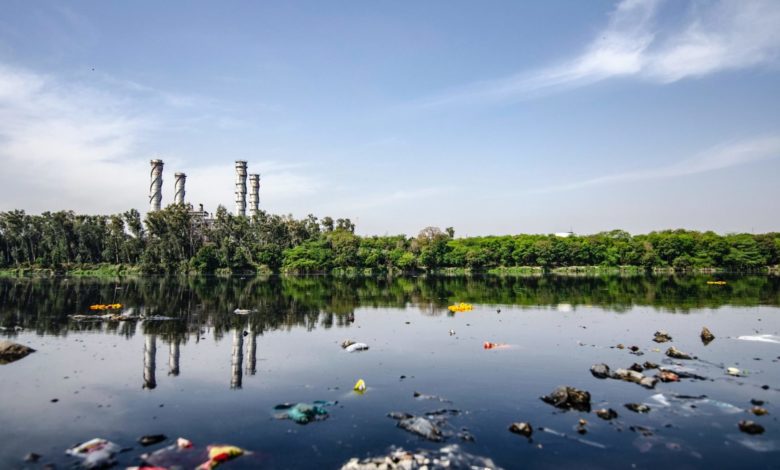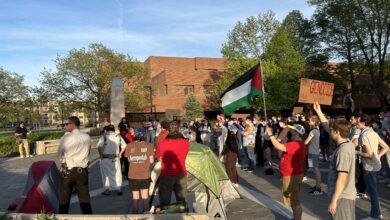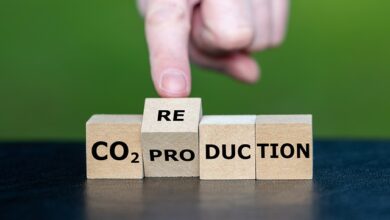
Podcast: From radiation to water pollution to cities, humans are now a driver of evolution in the ‘natural’ world
Humans do many different things to the environment, and there aren’t many natural processes – aside from an asteroid impact or the like – that can rival the scale of change by human activity.
In this episode of The Conversation Weekly podcast, we speak to three experts who study different ways that people are affecting how plants and animals evolve – and how humanity has become the single biggest driver of evolutionary changes on Earth.
The war in Ukraine has raised the specter of nuclear disaster – either through the intentional use of weapons or the accidental meltdown of a nuclear power plant – once again. Ukraine, unfortunately, is no stranger to the risks of splitting atoms. The 1986 meltdown of the Chornobyl power plant was the most significant nuclear accident in history, and its legacy is seen in the Chornobyl exclusion zone. People abandoned the area for decades, leaving nature to reclaim the land around Chornobyl.
Germán Orizaola is a biologist at the University of Oviedo in Spain who studies frogs in the Chornobyl exclusion zone. One of the species Orizaola was looking for is called the eastern tree frog and is usually bright green. “I was alone in the ponds, listening to those males calling, and I didn’t find any. I couldn’t detect one until I realized that the green frog I was looking for wasn’t green. It was black. Black,” he says.




